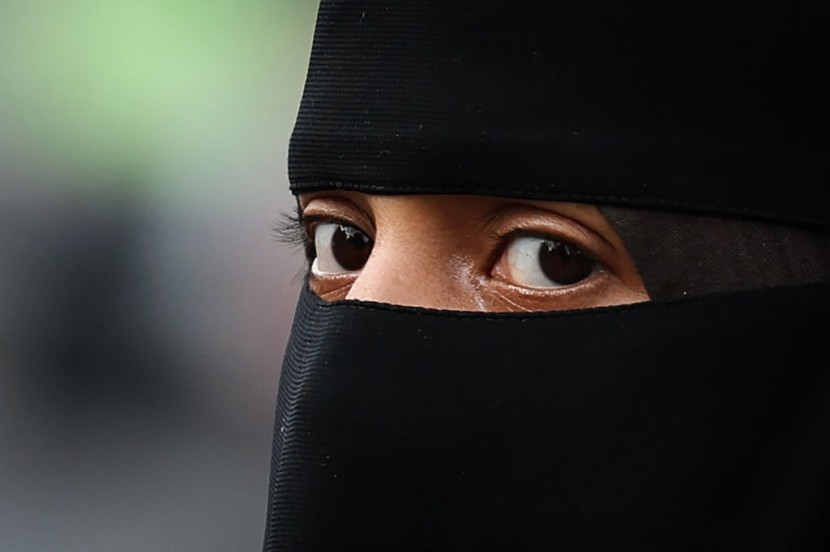The teenage girl in Iran who went into a coma earlier this month after allegedly being attacked by morality police for not wearing a hijab has been declared brain dead, according to the state media.
Activists claim that 16-year-old Armita Geravand was assaulted in a Tehran metro station, leading doctors to admit her to the hospital with head injuries. This happened just weeks after Iran passed draconian legislation increasing the penalties for women who do not adhere to the country's strict hijab rules.
According to the state-aligned Tasnim news agency, "Follow-ups on the latest health condition of Armita Geravand indicate that her condition of being brain dead seems certain despite the efforts of the medical staff," as reported by CNN.

See Also : Iranian Morality Police Allegedly Assault Teenage Girl for Not Wearing Hijab, Activists Say
Alleged Assault on Armita Geravand
The Hengaw Organization for Human Rights in Norway, which mostly works on behalf of the Kurdish people, said in early October that Geravand had been "assaulted" by morality police and had subsequently gone into a coma. Geravand was reportedly taken to the hospital with head trauma.
Initial reports said that female morality police agents had approached Geravand at the Shohada metro station and demanded that she adjust her headscarf. The Hengaw Organization said this event led to an altercation, during which morality police officers assaulted Geravand. She was shoved, which caused her to pass out, the group said.
The Iranian government has strongly refuted these claims, claiming that Geravand was hospitalized due to a blood pressure-related ailment.
Those closest to Geravand have denied the allegations in interviews with state media as well, but it is unclear whether they were forced to do so. The United Nations and human rights organizations have accused authorities in Iran of forcing the relatives of demonstrators slain to make comments in line with the government's narrative.
Mahsa Amini's Case
On the first anniversary of the protests that began after Mahsa Amini's murder, the Iranian parliament enacted a "hijab bill" regarding the wearing of the headscarf. The violation of this carries a jail sentence of up to 10 years.
Amini, a young Kurdish Iranian, was arrested by the regime's notorious morality police in September 2022 and later died in custody. She was accused of violating Iran's strict clothing regulations.
Meanwhile, two reporters who broke the news of Amini's death were arrested on Sunday by Iranian authorities, according to CNN.
Reports from state-run Mizan news said that Niloofar Hamedi, a former reporter for the reformist Shargh daily, was given a total of 13 years in jail on accusations of cooperation with the hostile government of the United States and conspiracy to conduct crimes against the security of the nation. Elaheh Mohammadi, a former reporter for the reformist weekly Ham-Mihan, was also sentenced to 12 years on identical accusations.
© 2025 HNGN, All rights reserved. Do not reproduce without permission.








